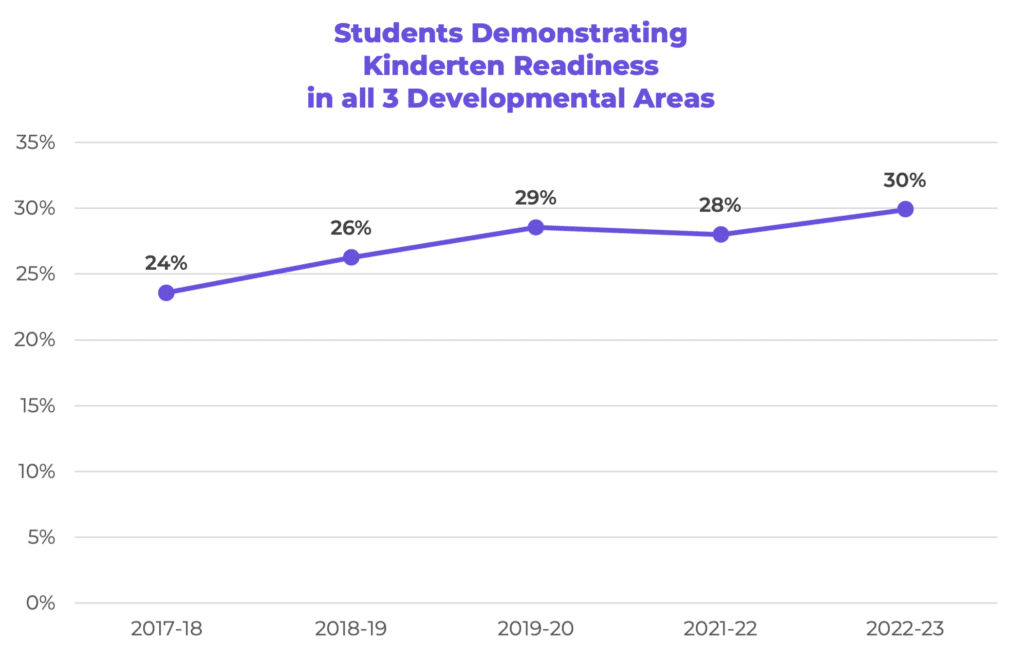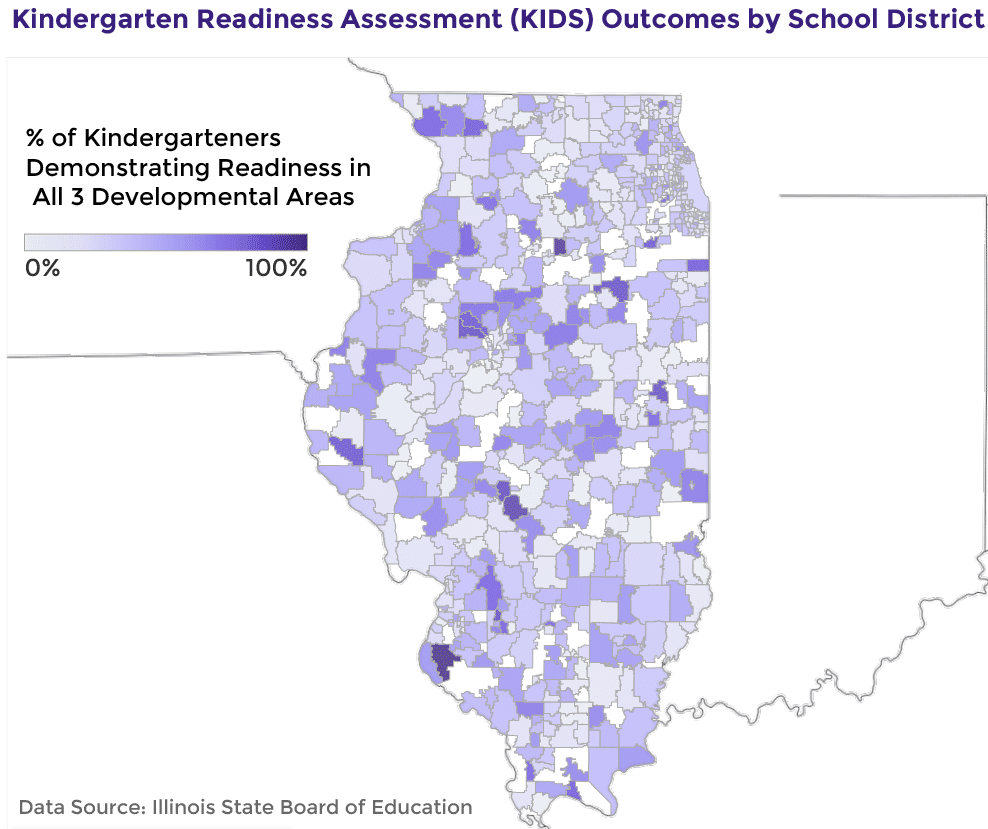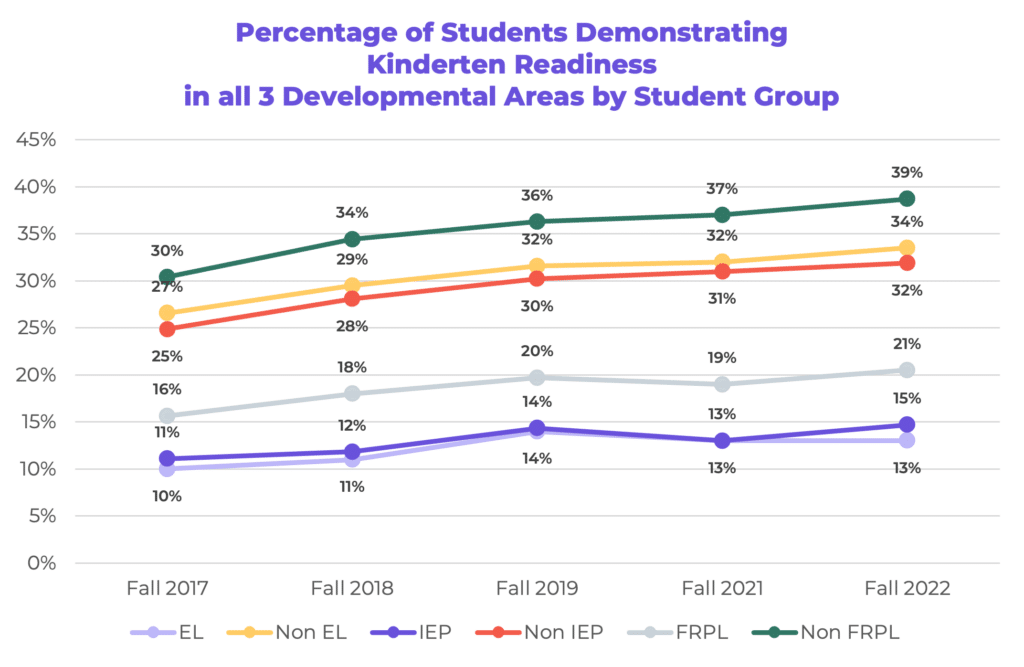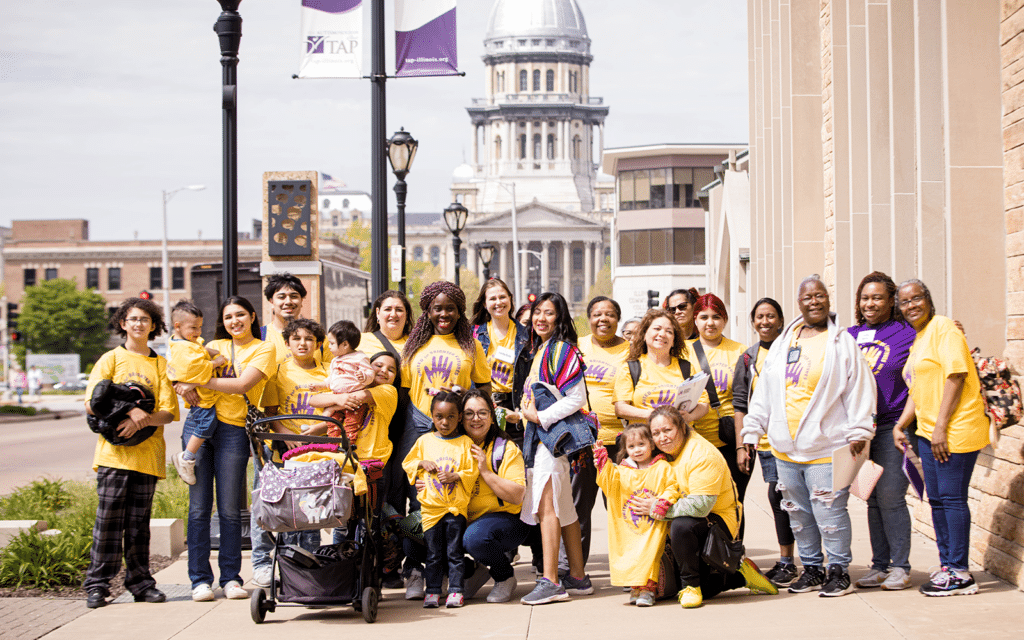Your Turn: Why Increasing Early Intervention Funding is Crucial in Illinois
Jen Crick, President of the Illinois Developmental Therapy Association
As a parent of children who greatly benefited from various therapies throughout their childhoods, I fully understand the importance of a system like Early Intervention (EI) that supports families of young children with delays or disabilities as they navigate through the first three years of their child’s life.
As a developmental therapist and president of the Illinois Developmental Therapy Association (IDTA), I have seen firsthand the positive outcomes for families and children who receive critical EI services, and I know that it takes dedicated professionals with the expertise and adequate resources to ensure that infants and toddlers with delays or disabilities have the best chance for healthy development.
My colleagues and I have supported thousands of infants and toddlers through the EI program, and it is amazing how quickly we see progress and how life trajectories change in the months that we are with them. EI helps families to support their infants and toddlers and helps to prevent, mitigate, or eliminate delays making children more prepared for success in school and life.
National data on child outcomes for children who receive EI show that almost 50% of infants and toddlers who receive EI function at age expectancy when they exit EI in social functioning, knowledge and skills and taking action to meet their needs.
EI is a program provided for under federal (and state) law – Part C of the Individuals with Disabilities Education Act (IDEA) that gives infants and toddlers with or at substantial risk for disabilities and delays and their families the right to receive a range of developmental and therapeutic services.
Despite this mandate, thousands of children in Illinois are on waiting lists for EI services, causing them to fall further behind during a critical period of development when a child’s brain is rapidly changing. Nearly 3,000 families are currently on waiting lists for the EI services they are legally entitled to receive.
The percentage of families waiting more than 30 days for their services to begin has more than doubled over the last two years, and data from the Illinois Department of Human Services (IDHS) does not account for the thousands more families waiting for an initial evaluation. The delays in the EI system are at levels previously unseen in the recent history of the program.
Service delays are tied directly to the program’s ongoing workforce crisis. Despite a long-overdue rate increase in FY24, decades of neglect have left providers without adequate compensation. In fact, the state would need to raise provider reimbursement rates by at least 25% just to account for inflation. Most EI providers, who work as fee-for-service independent contractors and not full-time state staff, must cover their own health insurance and travel costs and are not compensated for missed or canceled appointments.
These challenges, among others, are leading providers – many of whom have advanced degrees – to leave EI and work instead in hospitals, schools, private practices, or other settings. As providers, we believe in EI and are wholly dedicated to developing relationships with families and supporting them in being their child’s best and foremost advocate.
So, it’s heartbreaking to be led to choose to leave an industry that needs us so desperately. In fact, many providers can no longer make a living wage in EI and can only continue if they have a significant other with income and benefits. This has resulted in a shrinking workforce, directly affecting families’ access to these critical supports.
The Illinois General Assembly has an opportunity this year to address the EI program’s stubbornly high service delays and an impending workforce crisis.
We are urging the legislature to increase funding for the EI program by $40 million in the FY25 budget to provide a 10% rate increase for providers and service coordinators and to respond to increasing demand for the services and other systems improvements. This investment will continue to provide the necessary increases that must be sustained over the next few years until the system is stabilized.
According to the Illinois Department of Human Services’ Smart Start: Early Intervention plan, an increase in the budget would stabilize our EI program by assisting us in bringing EI providers back to the field, balancing caseloads, lowering service delays, and demonstrating the administration’s appreciation and support to this vital field.
We appreciate all the work the Department is doing to do multi-state research, build cost models and launch innovative pilots to address disparities in access to services and improve the EI system, and yet, without any commitment of funding, none of this work can be implemented.
We encourage all Illinoisans to contact your legislators and demand a $40 million increase to the state’s Early Intervention budget for FY2025.
We cannot allow infants and toddlers with disabilities and delays and their families to be denied these services that they have a right to receive and that make such a huge difference in their development and long-term health and educational outcomes. The earliest years matter—our babies can’t wait.
Jen Crick is the president of the Illinois Developmental Therapy Association and a Developmental Therapist serving the Northwest Suburbs in Lake and McHenry counties. She has served on several EI committees and workgroups in Illinois including the PN-3 Coalition (now Raising Illinois), a workforce workgroup, and the Early Childhood Quality Alliance Panel.
Check out the above op-ed published in the State-Journal Register on May 17, 2024
Learn more about how you can take action for Early Intervention.




